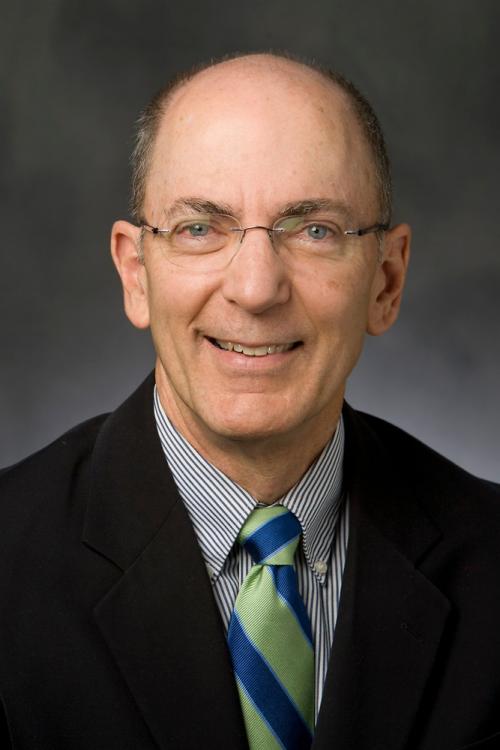Three Duke faculty members are ranked among the most influential scholars in the nation’s dialogue on education on a list released January 8 by Education Week. Two Sanford School of Public Policy professors, Helen Ladd and Charles Clotfelter, were in the top 100 on the list of 200 scholars. Both Ladd and Clotfelter have been in the top 100 for seven years in a row. Professor of Economics Peter Arcidiacono was also on the list.
The 2020 RHSU Edu-Scholar Public Influence Rankings offer a view of the public influence of U.S. education scholars based on a combination of their academic work and contributions to the public discussion in 2019.
The list was created in 2010 by Frederick Hess, a member of the American Enterprise Institute and a blogger at the Education Week website.
“The academy today does a passable job of recognizing good disciplinary scholarship but a pretty mediocre job of recognizing scholars who work to move ideas from the pages of barely-read journals and to practice and policy,” wrote Hess.
The RHSU Edu-Scholar Public Influence Rankings employ nine publicly available metrics: Google Scholar, published books, books ranking on Amazon, syllabus points via OpenSyllabusProject.org, mentions in newspapers, websites, prominent education media and in the Congressional Record, and Twitter score. It is compiled by Hess and a selection committee of 29 academics in the field. Ladd was one of the committee members in 2019.
Ranked at #69, Ladd is the Susan B. King professor emerita of public policy and economics. She uses the tools of economics to study how policies reflect societal values and the public interest. Her education research focuses on school finance and accountability, teacher labor markets, school choice and early childhood programs. Many of her recent publications pertain to charter schools.
Ladd is the co-author or co-editor of 12 books, including Holding Schools Accountable: Performance-Based Reform in Education, The Handbook of Research in Education Finance and Policy and books on school reform in New Zealand and South Africa. She is a member of the National Academy of Education and is featured in the edited book Eminent Economists II: Their Life and Work Philosophies. Ladd’s most recent book is Educational Goods: Values, Evidence and Decision Making.

Clotfelter, who appears at #85 on the list, is Z. Smith Reynolds professor of public policy, and professor of economics and law. He is also a research associate of the National Bureau of Economic Research. He studies the economics of education, the nonprofit sector and public finance.
His most recent books are Unequal Colleges in the Age of Disparity and the second edition of Big-Time Sports in American Universities. The latter provides an in-depth examination of the big business of college sports and its effect on the educational mission of universities. In an earlier book, After 'Brown': The Rise and Retreat of School Desegregation, Clotfelter assessed how contact between students of different racial groups changed during the 50 years since the Supreme Court decision, and documented a return to segregation.
Ranked at #152 on the list, Arcidiacono conducts research involving applied microeconomics, applied economics and labor economics, with a focus on education and discrimination. Most recently, his work has centered on affirmative action in higher education admissions. He was an expert witness for the plaintiff in the 2018 lawsuit, “Students for Fair Admissions Inc. v. Harvard.” The suit was based on Arcidiacono’s study entitled “Legacy and Athlete Preferences at Harvard,” which showed that Harvard’s race-conscious admission policy adversely affected Asian-American applicants.
Arcidiacono continues to investigate the effects of affirmative action in university admissions. A working paper released in November 2019, “Recruit to Reject? Harvard and African American Applicants,” takes aim at Harvard’s alleged practice of encouraging applications from minority students (particularly African Americans) with little chance of acceptance.